Summary | Excerpt | Reading Guide | Reviews | Read-Alikes | Genres & Themes | Author Bio

In a book club? Subscribe to our Book Club Newsletter!
Please be aware that this discussion guide will contain spoilers!
Unless otherwise stated, this discussion guide is reprinted with the permission of Berkley Books. Any page references refer to a USA edition of the book, usually the trade paperback version, and may vary in other editions.
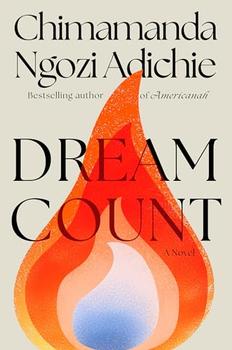

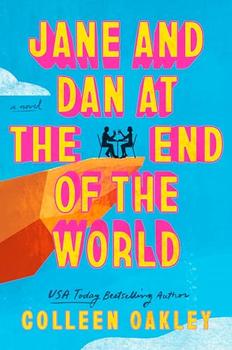
Jane and Dan at the End of the World
by Colleen Oakley
Date Night meets Bel Canto in this hilarious tale.
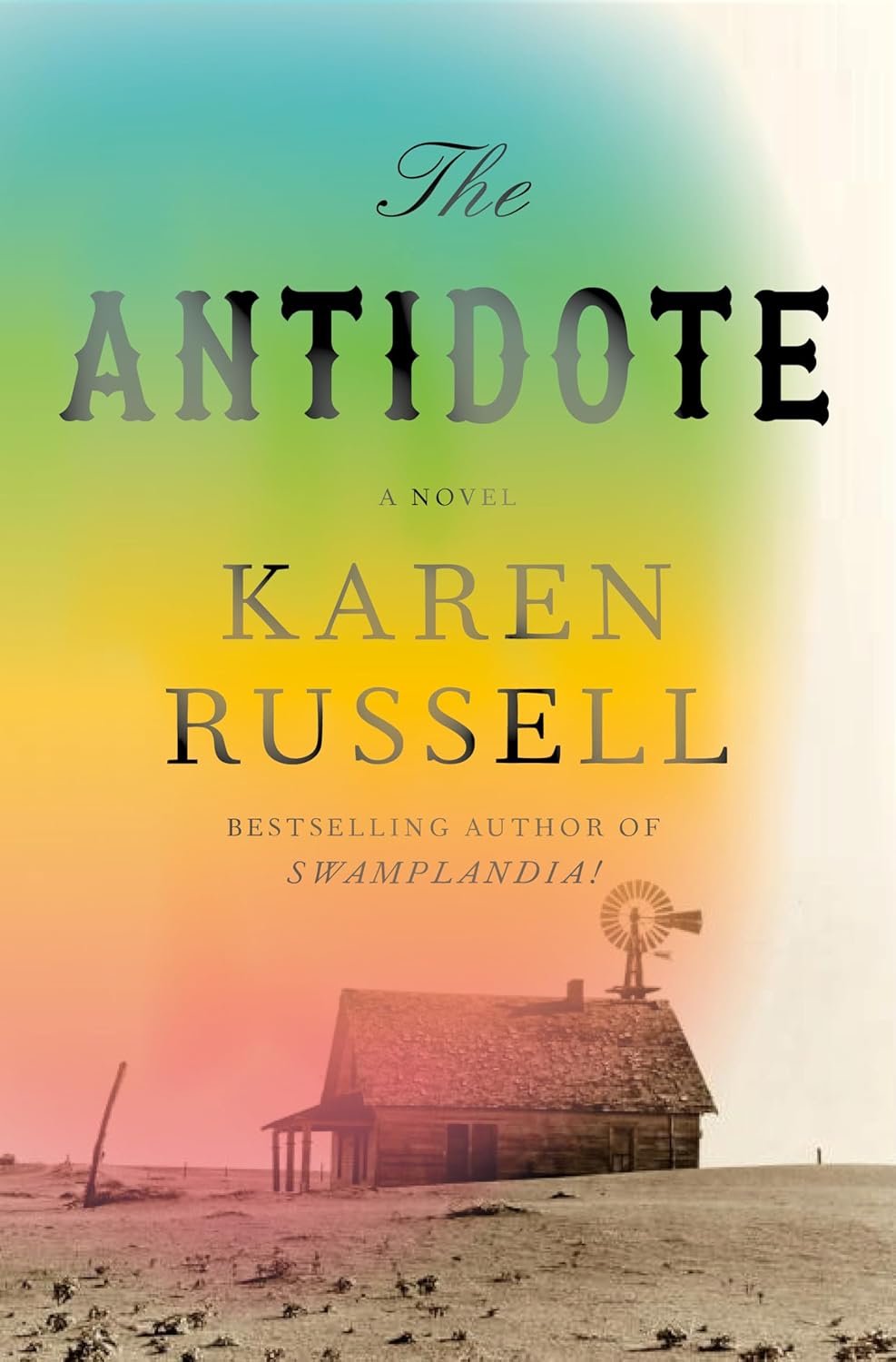
The Antidote
by Karen Russell
A gripping dust bowl epic about five characters whose fates become entangled after a storm ravages their small Nebraskan town.

The Dream Hotel
by Laila Lalami
A Read with Jenna pick. A riveting novel about one woman's fight for freedom, set in a near future where even dreams are under surveillance.
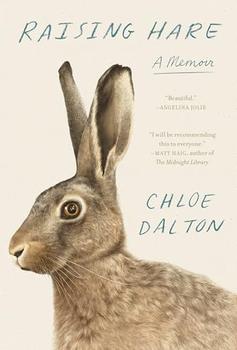
Raising Hare
by Chloe Dalton
A moving and fascinating meditation on freedom, trust, and loss through one woman's friendship with a wild hare.
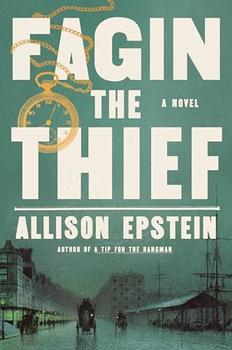
Fagin the Thief
by Allison Epstein
A thrilling reimagining of the world of Charles Dickens, as seen through the eyes of the infamous Jacob Fagin, London's most gifted pickpocket, liar, and rogue.

Girl Falling
by Hayley Scrivenor
The USA Today bestselling author of Dirt Creek returns with a story of grief and truth.
If you want to build a ship, don't drum up people... but rather teach them to long for the endless immensity of the...
Click Here to find out who said this, as well as discovering other famous literary quotes!
Your guide toexceptional books
BookBrowse seeks out and recommends the best in contemporary fiction and nonfiction—books that not only engage and entertain but also deepen our understanding of ourselves and the world around us.